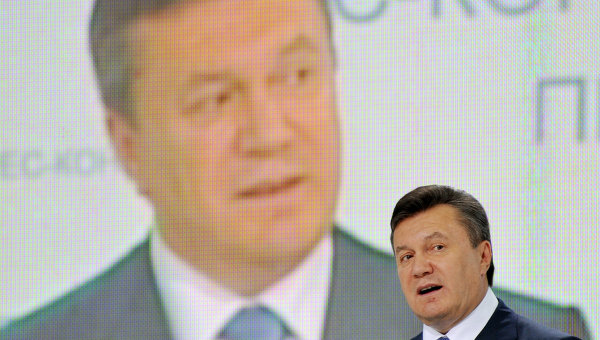JERUSALEM: The process for replacing Israel s prime minister began in earnest last week when the ruling Kadima Party held primary elections. As one would expect, candidates have been discussing the familiar litany of problems facing the country: the threat from Iran, the challenge from Hamas, the dangers posed by Hezbollah, and the conflict with Palestinians and Arab countries.
Considering the long list of grave dangers, it might seem surprising that Israel s economy is not flashing distress signals. In fact, while the global community has split into two economic camps – one swimming in oil wealth, the other limping, partly because of the high price of oil – Israel, a country with almost no natural resources, has just reported its lowest unemployment rate in more than two decades.
To be sure, Israel s economy will slow down, because it is deeply intertwined with the rest of the world. But it has kept growing strongly, despite an international credit spasm and a spike in commodity prices. One can only imagine the explosion of prosperity that would follow if real peace were achieved in the Middle East.
We already can see glimpses of the potential. Dubai, the dazzling emirate that dares to be different, is home to an Israeli-born Italian architect, David Fisher. Soon, he will build another astonishing addition to the Gulf skyline.
The 80-story tower will feature floors that rotate independently, changing the shape of the building and the views from each window. The undulating structure will produce its own energy, with solar-power cells on the roof of each floor.
The idea is revolutionary for many reasons, beginning with the birthplace of the architect. Arab countries don t do business with Israelis. But Israelis have much to contribute, and progressive Arabs working with them could create world-transforming partnerships.
Israel today attracts more foreign investment than anywhere, except the United States and European Union nations, because its entrepreneurs and scientists have proven that they can produce and innovate. Israeli products and inventions touch all of our lives.
Israel has what the Arab world needs. And Israelis would rejoice in true partnerships with their Arab neighbors.
Until now, the Arab Middle East has looked like a grotesque display of haves and have-nots. Oil-rich countries have splurged on luxuries while importing servants and cheap labors from poor neighbors. Israel, meanwhile, (and, for a time, Lebanon) built an economy that relied on the skills and talents of its people. Israeli prosperity created thousands of jobs for Palestinians, until suicide bombings led to checkpoints and dreadful difficulties for West Bank and Gaza residents.
Despite wars, violence and political scandals, Israel has kept investing in its people and created a vibrant economy that could one day help remake the region.
Last year, the Organisation for Economic Cooperation and Development (OECD) invited Israel to apply for membership. The OECD brings together 30 of the world s richest economies that are committed to democracy and free markets.
Undeterred by political scandals and by defence spending – far exceeding US aid to Israel – that sucks out a huge portion of the national income, Israel has an exceptional educational system that stimulates creativity and independent thinking. The country has some of the world s highest rates of university graduates, of doctorates, book production, technology companies, patents, innovation, discoveries and much more.
The Arab world has always had enormous potential and, for a time, produced great knowledge. Then came cultural stagnation. But that will change one day.
Much of the region has been derailed by war, extremism and despotism.
Precious time and treasure have been wasted. Israel, meanwhile, has focused on survival — and has thrived.
Last year, for example, the government decided to make Israel the world s lab for electric cars. With participation from several European companies, Israeli technology and government incentives will create a national network for electric transportation.
Israel doesn t have to be an isolated island of innovation. Can we imagine the citizens of a place such as Dubai joining hands with Israelis to seek alternatives to oil? Picture that: Gulf oil money and talent working with Israelis pursuing the future beyond oil, tackling global warming, or working together to build on Israeli inventions that lower water usage in that parched part of the world.
Israeli ingenuity and resourcefulness, plus Arab funding and creativity, could turn the Middle East into a region of peace and prosperity, rather than one of violence and extremism.
For now, however, one hears politicians and lands back in today s reality. For now, it s about facing dangers and focusing on survival.
Frida Ghitis is an independent journalist who writes about world affairs for a variety of US and international publications. Formerly at CNN, she is author of The End of Revolution: a Changing World in the Age of Live Television. She may be reached at [email protected]. This article is distributed by the Common Ground News Service (CGNews) with permission from The Philadelphia Inquirer.
